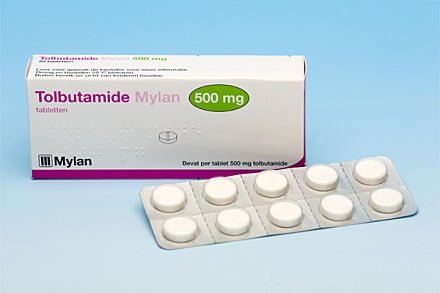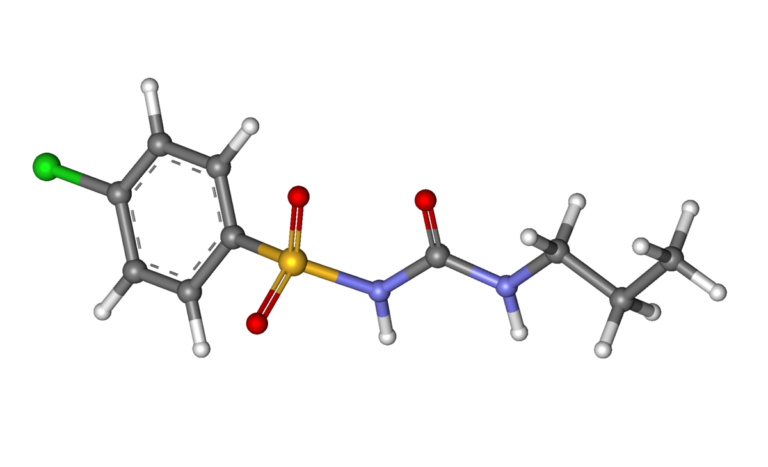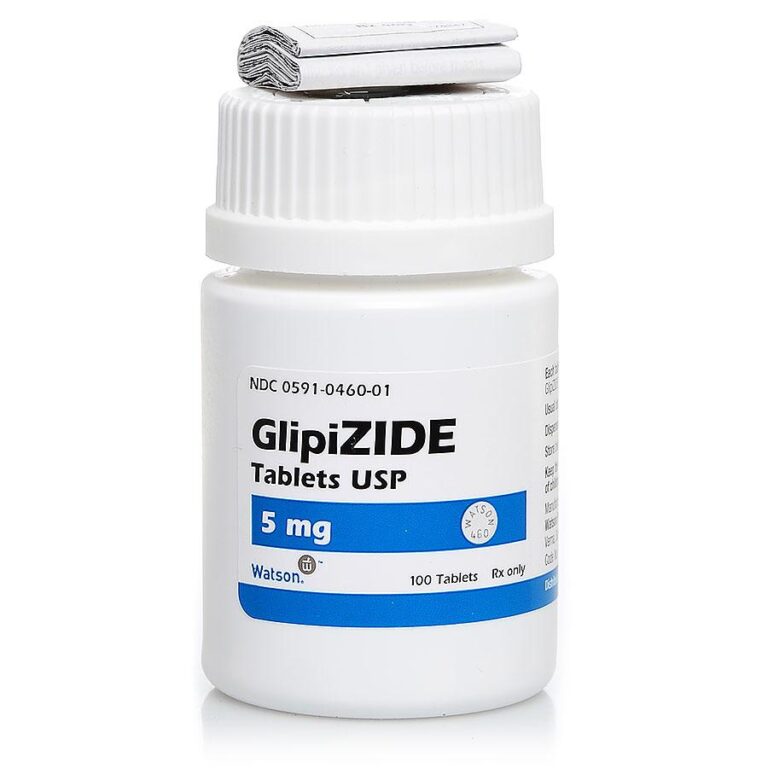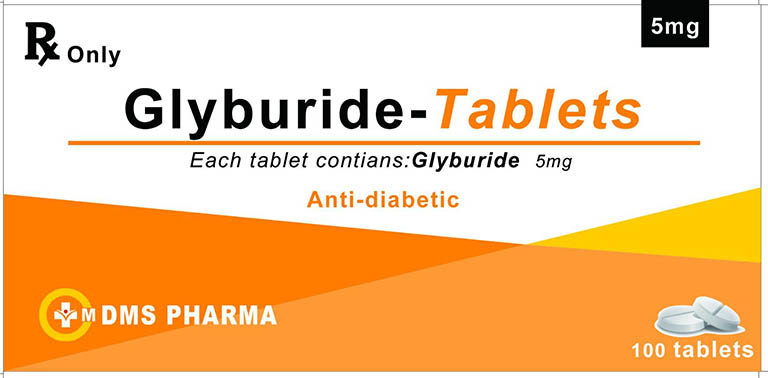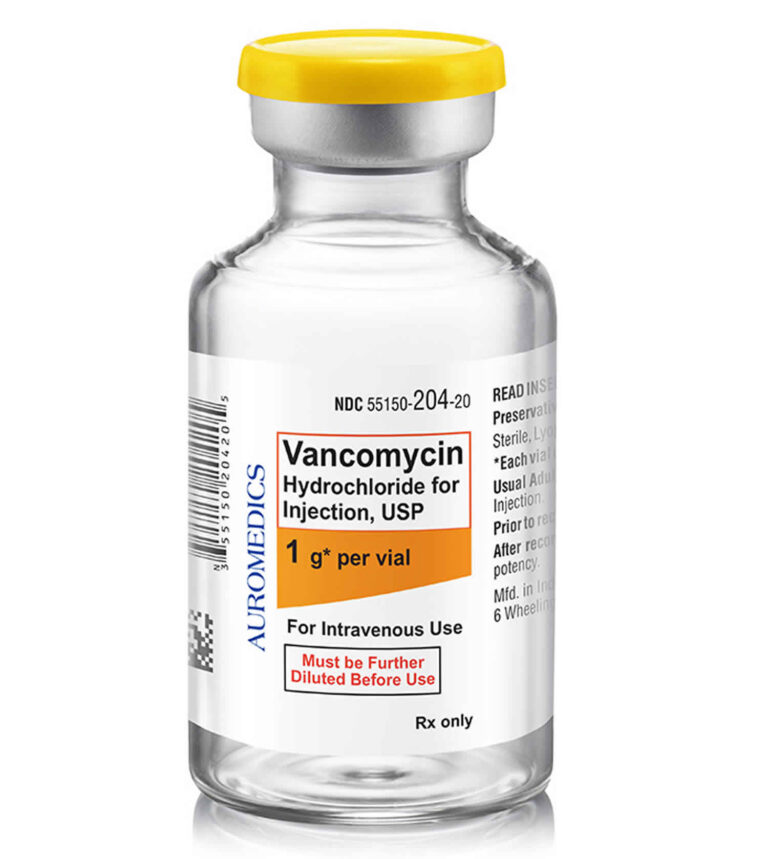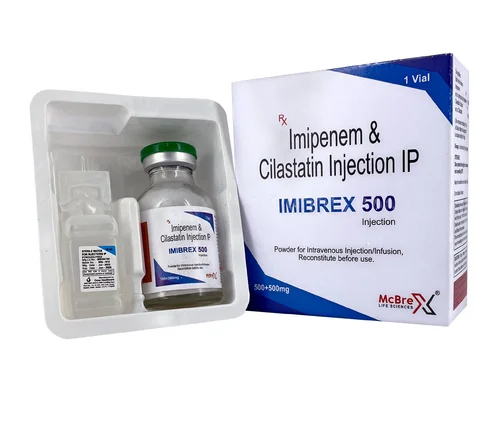Sulfonylureas are a class of oral hypoglycemic drugs used primarily in the treatment of type 2 diabetes. They work by stimulating the pancreas to release more insulin, thereby lowering blood glucose levels. Sulfonylureas bind to specific receptors on pancreatic beta cells, inhibiting potassium channels, which leads to cell depolarization and insulin secretion. Common examples include glibenclamide, glipizide, and gliclazide. While effective, sulfonylureas can cause side effects like hypoglycemia and weight gain. They are typically used when lifestyle changes and other medications, like metformin, are insufficient in controlling blood glucose.
Sulfonylureas
Tolbutamide is a first-generation sulfonylurea medication commonly used to manage type 2 diabetes mellitus. It helps lower...
Chlorpropamide is a medication belonging to the sulfonylurea class, primarily used in the management of type 2...
Glipizide is a widely used medication for managing type 2 diabetes. As part of the sulfonylurea class...
Glibenclamide, also known as glyburide, is an oral hypoglycemic agent commonly used in the management of Type...
